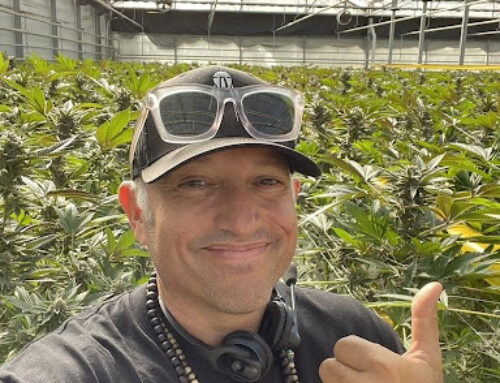Harvard University Embarks on Groundbreaking Study of Psychedelics
CAMBRIDGE- Harvard University, a name synonymous with academic excellence, is venturing into a new interdisciplinary field of study. The institution has announced the establishment of the Study of Psychedelics in Society and Culture, funded by a significant $16 million donation from the Gracias Family Foundation.
Harvard’s approach is comprehensive. This endeavor will span the Faculty of Arts and Sciences, Harvard Law School, and Harvard Divinity School, ensuring a well-rounded exploration into the impact of psychedelics on various aspects of human society. The grant will support an endowed professorship concentrating on human health and well-being, and fund research endeavors across the university.
“This is an exciting leap forward for Harvard,” Robin Kelsey, the dean of arts and humanities, remarked. “Our interdisciplinary approach provides a unique platform to analyze the myriad ways in which psychedelics influence our society.”
This isn’t Harvard’s maiden voyage into the world of psychedelics. The Petrie-Flom Center for Health Law Policy, Biotechnology, and Bioethics at HLS had launched its Project on Psychedelics Law and Regulation (POPLAR) in 2021. Additionally, the Center for the Study of World Religions (CSWR) at HDS has delved into the exploration of psychedelics and their connection to consciousness shifts, the intricate relationship between the mind and the physical world, and the global evolution of spirituality and religious practices.
Esteemed author and Harvard Creative Writing professor, Michael Pollan, lauded the initiative, stating that this “visionary gift” pushes the psychedelic renaissance past its medical confines, highlighting the crucial role of humanities in comprehending the potential of these potent substances.
Harvard’s historical tryst with psychedelics, notably the Harvard Psilocybin Project led by Timothy Leary and Richard Alpert in the 1960s, ended controversially. The university had faced criticism for questionable ethics and research methods. However, today’s initiative signifies a renewed interest in the subject, emphasizing rigorous, ethical research.
Antonio Gracias, the president of the Gracias Family Foundation and the chief executive officer of Valor Equity Partners, believes that Harvard is “perfectly positioned” to pioneer this realm, shaping the future discourse on psychedelics’ legal and safe societal integration.
Bruno Carvalho, interim director of the Mahindra Humanities Center, affirmed that this new initiative will offer a platform for researchers to foster an enriched dialogue around psychedelics, emphasizing their potential benefits while also addressing their ethical and societal ramifications.
This fresh direction indicates Harvard’s commitment to staying at the forefront of academic and societal evolutions, recognizing the need for a profound understanding of psychedelics beyond their medical attributes.


































